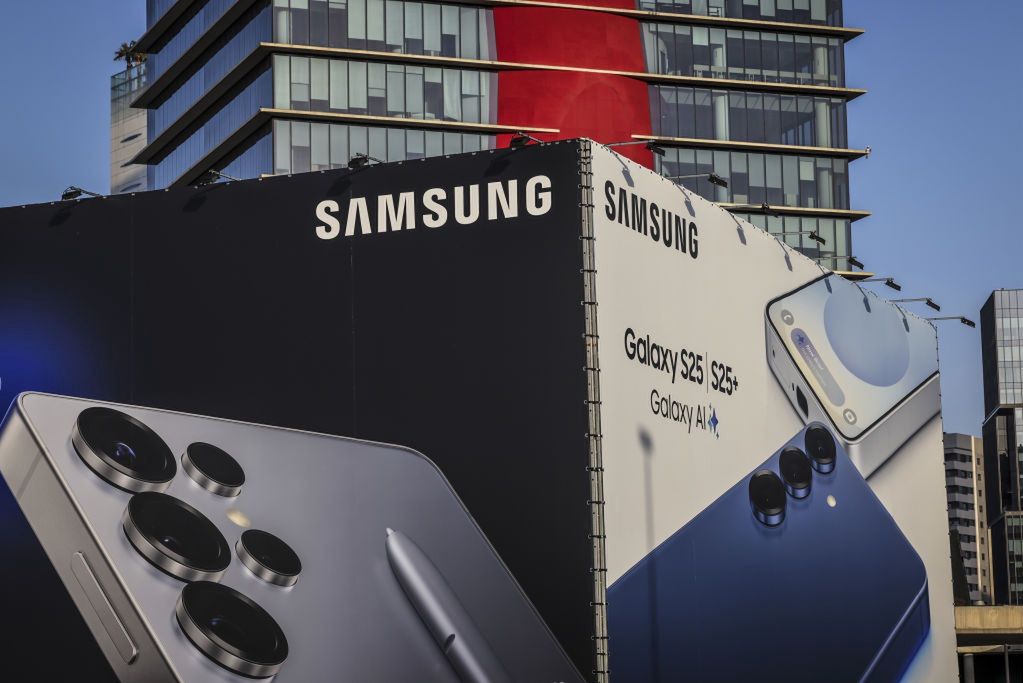Samsung Electronics has issued a warning about increasing costs for their products as a result of American tariffs. According to Samsung CEO Park Soon-cheol, changing tariff policies in major worldwide markets are causing increased unpredictability in forecasting demand for the second half of the year.
Samsung Electronics warned that
U.S. tariffs might adversely affect the demand for goods throughout the whole electronics sector.
The firm, which leads globally in manufacturing memory chips and mobile phones, shared a discouraging outlook for the remainder of the year.
Read also:
Starbase achieves city status amidst concerns over control and accessibility issues
Samsung alerts customers about upcoming price hikes for electronic products.
“Persistent ambiguity regarding U.S. tariff policies remains a potential threat of reduced demand,” stated Samsung CFO Park Soon-cheol, according to the “Financial Times.” He highlighted that changing tariff regulations in key markets, coupled with stricter export controls—especially within the realm of artificial intelligence—are increasing doubt about projected demands for the latter part of this year.
Read also:
Russian space junk poised to return to Earth after five decades
Samsung reported that
Tariffs will increase the costs of smartphone parts.
This might result in decreased sales of mobile devices. The choice made by Donald Trump to stop imposing retaliatory tariffs encouraged certain customers to make their purchases sooner, potentially leading to reduced demand later in the year.
The firm’s cautionary statement follows
Samsung’s chip business saw an approximate 40 percent drop in operating profit during the initial three months of this year.
Sales of high-bandwidth memory (HBM) chips were particularly affected. It is estimated that Samsung derives roughly one-third of its revenue from these types of memory chips in China, where the U.S. has implemented a 145 percent tariff.
Read also:
The success of US-China tariff discussions relies on genuineness and confidence.
Until July, the United States has halted “reciprocal tariffs” on numerous nations like South Korea. Nonetheless, a basic tariff of 10 percent remains in effect, potentially causing increased costs for Samsung products, including mobile phones and TVs.
Read also:
Effect of American Tariffs: Worldwide Companies Encounter Economic Consequences
The EU prepares for potential trade disputes with the US during defense expenditure discussions.
The EU prepares for repercussions as Trump’s auto tariffs heighten tensions







